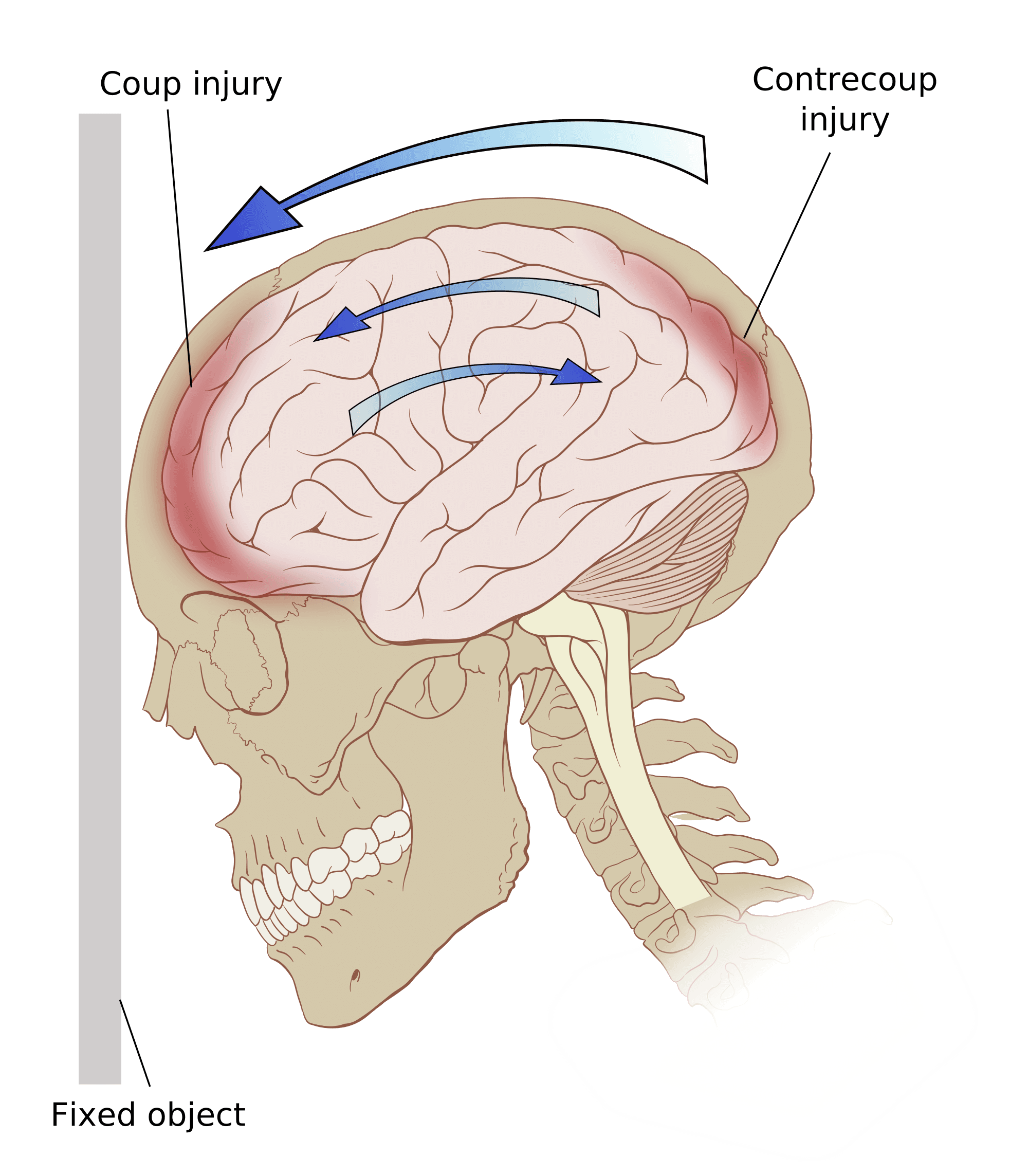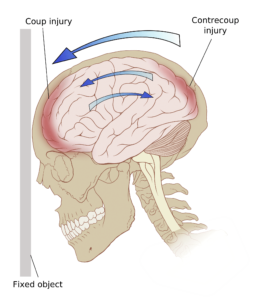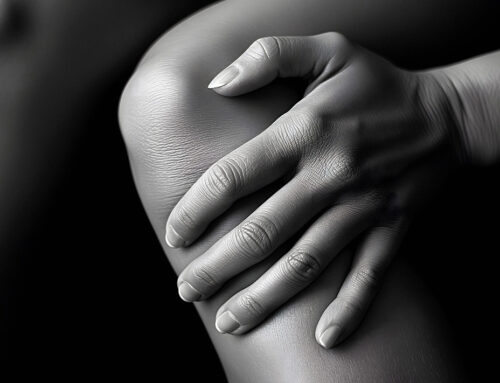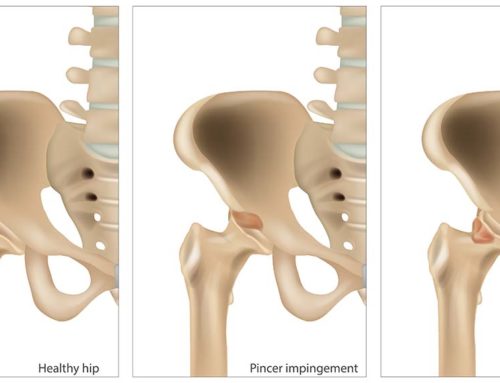Signs and Symptoms of a Concussion
A concussion is an injury to the brain. It occurs after a hit that is hard enough to move the brain back and forth in the skull. The hit can be to the head, face, or elsewhere on the body. You can have a concussion without losing consciousness. Concussion symptoms can be physical, mental, emotional, or behavioural. Most concussions resolve quickly, but approximately 30 percent of people will have symptoms that last more than 4 weeks. It used to be that an athlete who had their bell rung or who had a headache was told they were fine and to continue playing. Now we know that they have suffered a concussion if they suffer from any of the symptoms listed below.
An athlete should be removed from the field of play and taken to see a doctor if they suffer from ONE OR MORE of the following:
Physical symptoms include:
- headaches, neck pain
- dizziness
- nausea, upset stomach, vomiting
- sensitivity to light or noise
- blurry or double vision
- poor balance
- ringing in the ears
Mental problems include:
- confusion and difficulty thinking
- feeling slowed down
- difficulty remembering, amnesia
Emotional and Behavioural problems include:
- irritability
- nervousness, anxiety
- frustration, anger
- sadness
Other symptoms may include:
- inability to sleep
- sleeping more than usual
Return to Play
An athlete should be completely symptom-free and be cleared by a medical doctor before they return to their sport. When in doubt, sit them out.
A free App is available for smartphones that can be used if you suspect you or your child has suffered a concussion, called Concussion Recognition and Response. It will walk you through questions to determine if it’s possible that someone has a concussion. It also has excellent information for parents and coaches, and answers a lot of questions about concussions and what steps to take to ensure a complete recovery.
If you have any questions about concussions, please contact the clinic.
Madeleine Hunter, CAT(C), RMT
References:









